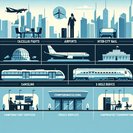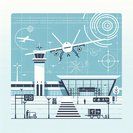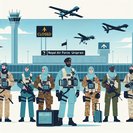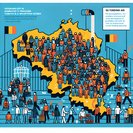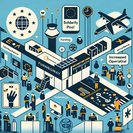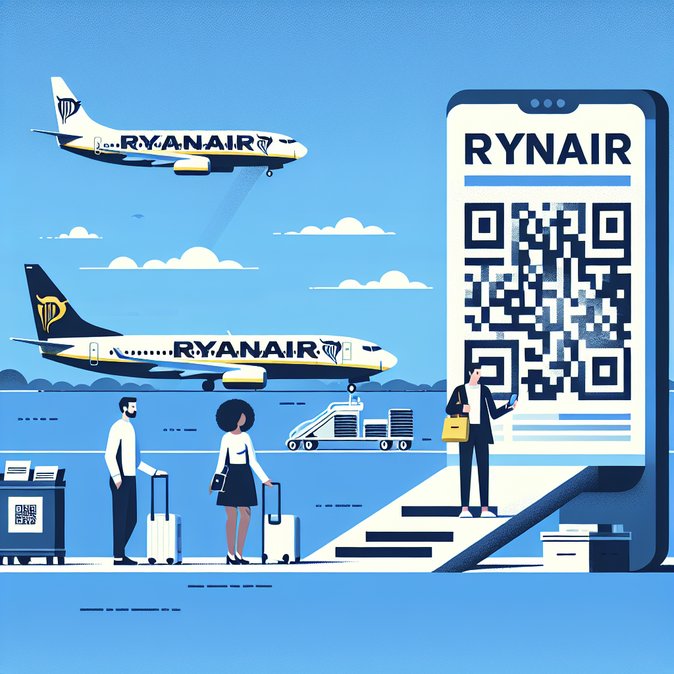
Travellers flying Ryanair from Brussels Zaventem or Charleroi woke up on 12 November to a paperless reality: the low-cost carrier has switched to 100 % digital boarding passes across its network. Printed PDFs and home-printed passes are no longer accepted at security or the gate. Passengers must instead display a QR code generated in the ‘myRyanair’ mobile app.
The change, originally slated for May and twice postponed, lands during a relatively quiet travel window, reducing the risk of queues while crews adapt. Ryanair claims the move will eliminate 300 tonnes of paper annually and streamline disruption management because digital passes update automatically when flights are rescheduled.
![Ryanair goes fully digital: paper boarding passes abolished at Belgian airports]()
Belgian consumer-rights body Testachats, however, calls the policy “discriminatory”, noting that 8 % of Belgian residents over 16 do not own a smartphone. Ryanair counters that passengers without smart devices can still check in online and print the confirmation email, but they will have to visit a check-in desk—incurring a €55 airport re-issuance fee—to obtain a travel document.
For corporate travel programmes, the key task is to ensure assignees download the app before departure and have roaming or airport Wi-Fi access to retrieve the pass. Travel managers should update policy documents to reflect the potential extra cost if employees arrive with only a paper pass. Companies with duty-of-care platforms linked to Ryanair’s API may benefit from real-time flight-status updates embedded in the digital pass.
The airline’s move is likely to intensify pressure on Brussels Airlines and TUI fly to accelerate their own digital-pass roll-outs. Brussels Airport Company says its e-gate scanners are already configured for mobile QR codes, but travellers should keep device brightness high and remove thick cases to avoid scanning issues.
The change, originally slated for May and twice postponed, lands during a relatively quiet travel window, reducing the risk of queues while crews adapt. Ryanair claims the move will eliminate 300 tonnes of paper annually and streamline disruption management because digital passes update automatically when flights are rescheduled.
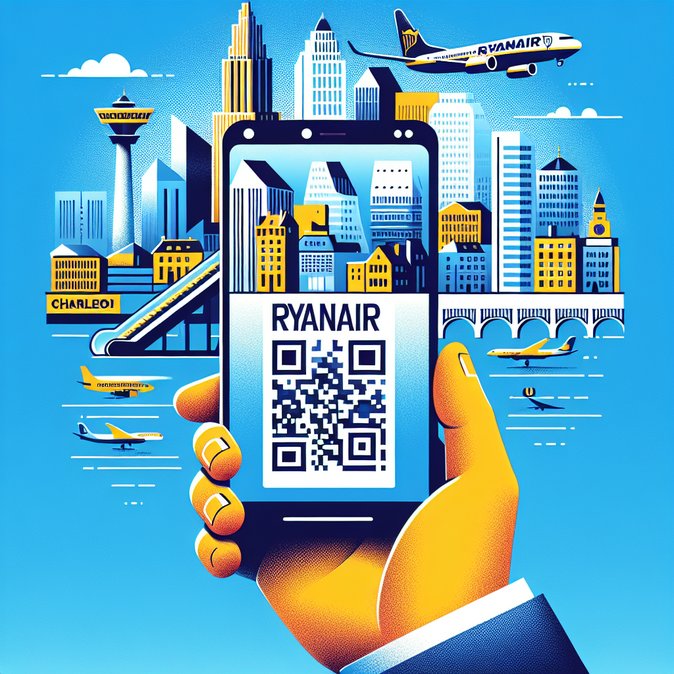
Belgian consumer-rights body Testachats, however, calls the policy “discriminatory”, noting that 8 % of Belgian residents over 16 do not own a smartphone. Ryanair counters that passengers without smart devices can still check in online and print the confirmation email, but they will have to visit a check-in desk—incurring a €55 airport re-issuance fee—to obtain a travel document.
For corporate travel programmes, the key task is to ensure assignees download the app before departure and have roaming or airport Wi-Fi access to retrieve the pass. Travel managers should update policy documents to reflect the potential extra cost if employees arrive with only a paper pass. Companies with duty-of-care platforms linked to Ryanair’s API may benefit from real-time flight-status updates embedded in the digital pass.
The airline’s move is likely to intensify pressure on Brussels Airlines and TUI fly to accelerate their own digital-pass roll-outs. Brussels Airport Company says its e-gate scanners are already configured for mobile QR codes, but travellers should keep device brightness high and remove thick cases to avoid scanning issues.

